Bacteriological Filter for Autoclaves
$39.00
Out of stock
- Delivery & Return
What is the total delivery time for my order?
All orders are processed in 2-3 business days. For large parcels, processing time may extend upto 4 days. Orders are not processed during holidays or weekends. The estimated delivery time of your order depends on the shipping method that you choose during checkout.Which locations do you deliver to?
We ship all orders to anywhere in the AustraliyaWhat locations are eligible for same-day delivery?
If you are located in Metro your order can be delivered on the same-day with free deliveryHow do I check the status of my order?
You will receive email notifications from time to time. You may also track your order status on our Order tracking page.What should I do if the tracking number I receive is not working?
We ensure our delivery alerts help you stay on top of orders. If the tracking number does not work, we recommend you try tracking with order number. Alternatively, you may contact our customer service team.What can I do if I don’t receive my order?
If you don’t receive your order at the estimated time, it could mean either your order is delayed or is lost. You may contact our support team to know the exact location of your order.What should I do if I receive a damaged item?
You may log into our dispute management portal, mark the item as damaged and upload a picture of the damaged item. Once your request is received, our delivery agent will pick up your package. Alternately, you could contact our customer service team.What are the shipping timelines for international delivery?
International orders will arrive in 5-14 business days from the receipt of your order. You will receive shipping estimates at the time of checkout.What duties and taxes apply?
Shipping costs for international orders will include international taxes, duties and value-added tax. At the time of checkout, the final order cost will reflect these charges.How can I return the item?
Return an item is simple. Log into dispute management portal on our shopping site, mark the dispute as return and upload a picture of item that you wish to return. You may also choose from the various return options. Once your request is received, our delivery agent will pick up your package. For detailed information, read our returns policy.Need help?
Contact us at for questions related to refunds and returns. CALL US NOW (02) 8625 2332
Bacteriological filters for autoclaves are specialized filters that are designed to remove bacteria and other microorganisms from the exhaust air that is released when sterilizing equipment or materials using an autoclave.
During the autoclaving process, high pressure and high temperature are used to kill bacteria and other microorganisms. However, some of these microorganisms may remain viable in the exhaust air that is released when the autoclave door is opened. To prevent contamination of the surrounding environment, a bacteriological filter is often used to trap these microorganisms and prevent them from escaping.
Bacteriological filters for autoclaves are typically made of materials such as fiberglass, polypropylene, or polytetrafluoroethylene (PTFE) and are designed to trap microorganisms as small as 0.2 microns in size. These filters are generally disposable and are replaced after each use to ensure optimal effectiveness.
Proper use and maintenance of bacteriological filters for autoclaves are important to ensure their effectiveness in preventing the spread of microorganisms. It is also important to follow manufacturer guidelines for the appropriate type and size of filter for specific autoclaves and to ensure that the filter is properly installed and securely attached.
- Compatible bacteriological filter for autoclaves
- Contents 1 KIT
- The replacement of the filter is an easy process that any person can carry out.
- We recommend changing the filter at least once a year or every six months, depending on how much you use your autoclave
Based on 0 reviews
0.00
Overall
|
|
|
0% |
|
|
|
0% |
|
|
|
0% |
|
|
|
0% |
|
|
|
0% |
Be the first to review “Bacteriological Filter for Autoclaves” Cancel reply
You must be logged in to post a review.
SKU: 959
Categories: Infection Controls, Accessories, Sterilisation
Tags: Dental Products, filter, Infection Control
Related Products
Face Mask Blue Earloop Level 2- Mediflex #50pcs/Box (20 box/ctn)
$6.50 Original price was: $6.50.$5.50Current price is: $5.50.
Add to cart
SMART SAVER (BUY 20 OR MORE) PAY LESS $ 5 EACH BOX
Blue
Level 2
50pcs/box (20box/ctn)
Impression Mixing Gun Sleeves – Universal Size #400pcs/pkt
$32.00 Original price was: $32.00.$26.00Current price is: $26.00.
Read more
NET COST $ 21.67
Out of stock
Water Distiller Cleaner Powder (500g Tub)
$17.90 Original price was: $17.90.$17.50Current price is: $17.50.
Add to cart
Scaler Handpiece Sleeves Poined Edge (1.75″ x 8″) (3.5 x 21cm)500Pcs/Pkt
$9.50 Original price was: $9.50.$8.10Current price is: $8.10.
Add to cart
Buy 5 Get 1
NET COST $ 6.75
- 1.75″ x 8″ (3.5 x 21cm) 500pcs/pkt
Scaler Sleeves Round Edge (1.75″ x 8″)(3.5 x 21cm)500pcs/pkt
$8.75 Original price was: $8.75.$7.45Current price is: $7.45.
Add to cart
BUY 5 Get 1 Free
NET COST $ 6.21
Alpro Jet Weekly 1 Ltr
$46.00 Original price was: $46.00.$40.00Current price is: $40.00.
Add to cart
Weekly – 1 Ltr
Refresh Distilled Water 10L
$17.50 Original price was: $17.50.$15.50Current price is: $15.50.
Add to cart
SMART SAVER (BUY 2 OR MORE) PAY LESS $ 12
Helix Test Kit (Browne) 250 Test Strips+Kit Each/pkt
$269.95 Original price was: $269.95.$259.00Current price is: $259.00.
Add to cart
BUY 3 PACKET OR MORE AT $254.00 EACH PACKET
(SAVE $5.00 EACH PACKET)
Available on backorder
Hamilton Surgical Gloves Gloveon Latex Powder Free #50pair/Box
$110.00 Original price was: $110.00.$72.00Current price is: $72.00.
Select options
BUY 2 BOX OR MORE AT $ 63.50 EACH BOX
(SAVE $ 8.50 EACH BOX)
Flexiwipe 70% Isopropyl Sterile Alcohol Skin Swabs – 100Pcs/Pkt
$5.50 Original price was: $5.50.$3.50Current price is: $3.50.
Add to cart
Size: 65mm x 30mm
Rapid Antigen Self Test Innoscreen COVID-19 (20 individual kits/Box)
$199.00 Original price was: $199.00.$87.50Current price is: $87.50.
Add to cart
Whiteley Clinimax Equipment Cleaning Detergent – 5 Ltr
$45.00 Original price was: $45.00.$42.40Current price is: $42.40.
Add to cart
Vinyl Powder Free Examination Gloves – Mediflex #10box/ctn (1000pcs)
$100.00 Original price was: $100.00.$60.00Current price is: $60.00.
Select options
10 box per ctn (1000pcs)
SMART SAVER (BUY 2 CTN OR MORE) PAY LESS $ 50 EACH CTN
Available on backorder
Curing Light Guide Sleeves 11cm x 7.5cm (4.33″ X 2.95″) 200pcs/pkt
$9.00 Original price was: $9.00.$6.50Current price is: $6.50.
Add to cart
BUY 5 $GET SAME 1 Free
NET COST $ 5.42
Disposable Shoe Covers/ Overshoes (45 x 15cm) Blue #100pcs/pkt (10pkt/ctn)
$9.00
Add to cart
Non-Slip Regular
BUY 10 OR MORE AT $8.50 EACH PACK
(SAVE $0.50 EACH PACK)
Out of stock
Isopropyl Alcohol 70% Clear 5 Ltr
$40.00 Original price was: $40.00.$35.00Current price is: $35.00.
Add to cart
SMART SAVER (BUY 3 OR MORE) PAY LESS $ 33
SAVE EACH BTL $ 2
Face Mask Earloop Premier Plus Level 2 – Blue – Medicom (50pcs/box)
$7.50 Original price was: $7.50.$6.50Current price is: $6.50.
Add to cart
50pcs/box
Curing Light Sleeves Large (32cm x 8cm x 2cm) 500pcs/pkt
$20.00 Original price was: $20.00.$17.50Current price is: $17.50.
Read more
Out of stock
Vibrakleen E2 Enzyme Ultrasonic Cleaner, Clinic Pack (80 Tabs/Box) – Kulzer
$150.00 Original price was: $150.00.$128.00Current price is: $128.00.
Add to cart
Microshield Handwash & Dispenser
$9.50 – $76.50
Select options
- Available: 500ml Bottle, 1.5 Ltr Cassette, 5 Ltr Bottle,
- Dispenser Wall Mount For 1.5L Cassette, Wall Dispenser For 1.5L Container – with arm lever
Wall Bracket Metal For Avagard 500ml (Dispenser)
$10.00 Original price was: $10.00.$8.00Current price is: $8.00.
Add to cart
Gauze Swabs 3 Sterile (Mediflex) 7.5cm x 7.5cm – 8ply 50Pouches/pkt
$6.50
Add to cart
50 Pouches Pkt
7.5cm x 7.5cm 8ply/3 strl
Medicom Tie-on Mask SafSkin Anti-Fog Blue Level 3 #50pcs/box
$9.50 Original price was: $9.50.$7.95Current price is: $7.95.
Add to cart
Diagnostic Emulator Class-6 Test Strip (Titem) #250/pkt
$74.00 Original price was: $74.00.$63.90Current price is: $63.90.
Add to cart
Available on backorder
Vomit / Emesis Bag – 50pcs/Pack
$30.90 Original price was: $30.90.$26.15Current price is: $26.15.
Add to cart
- 1.5 liter capacity
- Vomit Bags – 50pcs/P
Barrier Sheaths Multi-Use Barriers Latex Blue Ongard #500/Box
$85.00 Original price was: $85.00.$82.50Current price is: $82.50.
Add to cart
Blue latex barrier sheaths. Easy to roll on and ideal for ultrasonic syringes and pens.
Available on backorder
Surgical MDDI Drape Impervious Sterile (75cm x 90cm) #Each
$3.10 Original price was: $3.10.$2.95Current price is: $2.95.
Add to cart
Cheek/Lip Retractor Y Shape (Set of 2) #Each
$7.50 Original price was: $7.50.$6.15Current price is: $6.15.
Select options
Smart SAVER (Buy 5 or more) Pay less $ 5.15 Each
Out of stock
Out of stock
Medizyme Enzymatic Detergent #5 Ltr
$115.00 Original price was: $115.00.$111.85Current price is: $111.85.
Add to cart
Microshield Surgical Handwash 4% Chlorhexidine Or Dispenser
$19.50 – $118.00
Select options
You have to pay separately for each product
Chlorhexidine 0.015% Cetrimide 0.15% Antiseptic Solution (Baxter) #500ml/btl
$20.83
Add to cart
- 500ml
Available on backorder
Hand Soap 5L (Dermalux)
$44.00 Original price was: $44.00.$38.85Current price is: $38.85.
Add to cart
Bio Hygiene Bevisto Pump Dispenser For #5 Ltr
$12.50 Original price was: $12.50.$11.40Current price is: $11.40.
Add to cart
Bin Bag/Bin Liner (72 Ltr – Large Heavy Duty) 50Bag/Pkt
$8.50
Add to cart
Bin bags, also known as trash bags or garbage bags, are commonly used for collecting and disposing of waste in households, offices, and various other settings. The term “72L Heavy Duty
Alpro Jet Daily 5 Liter
$140.00 Original price was: $140.00.$134.50Current price is: $134.50.
Add to cart
Daily – 5 Ltr
Autoclave Surgery Module Sterilizer LogBook
$47.50 Original price was: $47.50.$45.30Current price is: $45.30.
Add to cart
50 Pages
Lemex Neutral Hosp Grade Floor Cleaner Detergent 5Ltr
$28.00 Original price was: $28.00.$24.85Current price is: $24.85.
Add to cart
Uvex Pheos Tinted Protective Glasses /Safety Eye Wear- Black #Each
$14.90 Original price was: $14.90.$14.50Current price is: $14.50.
Select options
Sleeves Digital X Ray Sensor #500pcs/pkt
$6.95 Original price was: $6.95.$6.50Current price is: $6.50.
Select options
BUY 5 GET 1 FREE
NET COST $ 5.42
Face Masks (Level -2) Blue Medicom Assure Earloop #50Pcs/(10box/ctn)(500 pcs)
$75.00 Original price was: $75.00.$65.00Current price is: $65.00.
Add to cart
- Blue
- Level 2
- 50 Pcs/Box
- 10box/ctn(500 pcs)
Barrier Film Dispenser #Each
$29.00 Original price was: $29.00.$17.60Current price is: $17.60.
Add to cart
Bouffant Clip Cap/Hair Net – Blue and white #100Pcs/pkt
$5.75
Select options
- Colour: Blue and white
- Unit: 100/Pkt
Smart SAVER (Buy 10 or more) Payless: $ 4.75
T Style Light Handle Sleeves 2.9″ X 6″ (7.5 cm x 15.5cm) #500pcs/pkt
$10.40 Original price was: $10.40.$9.35Current price is: $9.35.
Read more
Buy 5 Get 1 Free
Net Cost $ 7.79
- Size: 2.9″ X 6″ (7.5 cm x 15.5cm)
- Quantity: 500 pcs/pkt
Out of stock
Self-Sealing Autoclave Sterilisation Pouches Dual Indicator (With Internal and External indicators) QSafe 200pcs/pkt
$3.85 – $13.95
Select options
Buy 6 Get 1 Same Free
Out of stock
Kitchen Roll Paper Ultra Clean Swan-3001 #2ply x 6 Rolls x 60 sheets (24 Rolls/bag)
$35.00 Original price was: $35.00.$32.00Current price is: $32.00.
Add to cart
Microshield Moisturiser Lotion with Pump #500ml
$14.00 Original price was: $14.00.$11.95Current price is: $11.95.
Add to cart
Curelastics Barriers -Curing Light Barrier (Small-Medium) & (Medium-Large) 500pcs/Box
$87.00
Select options
Available on backorder
KN95 P2 Face Mask #40pcs/Box
$72.00 Original price was: $72.00.$60.00Current price is: $60.00.
Read more
Out of stock
Curing Light Protection Sleeves Medium 34cm x 5.3cm (13.4″ x 2.1″) 500Pcs/pkt
$15.50 Original price was: $15.50.$13.50Current price is: $13.50.
Add to cart
NET COST $ 11.25
Bio Hygiene BevistoCryl Foam Refillable Dispenser #200ml
$14.00 Original price was: $14.00.$11.95Current price is: $11.95.
Add to cart

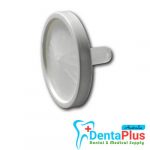
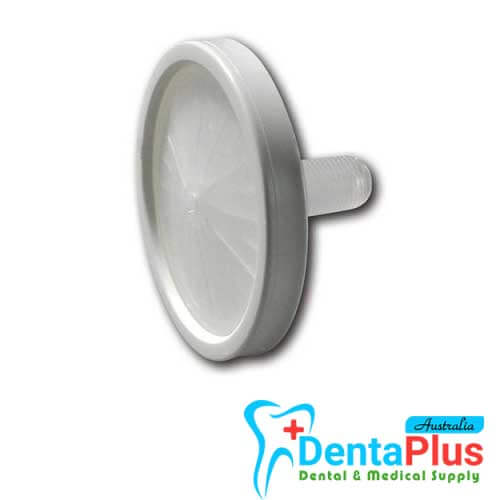
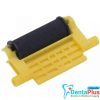
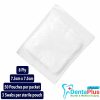
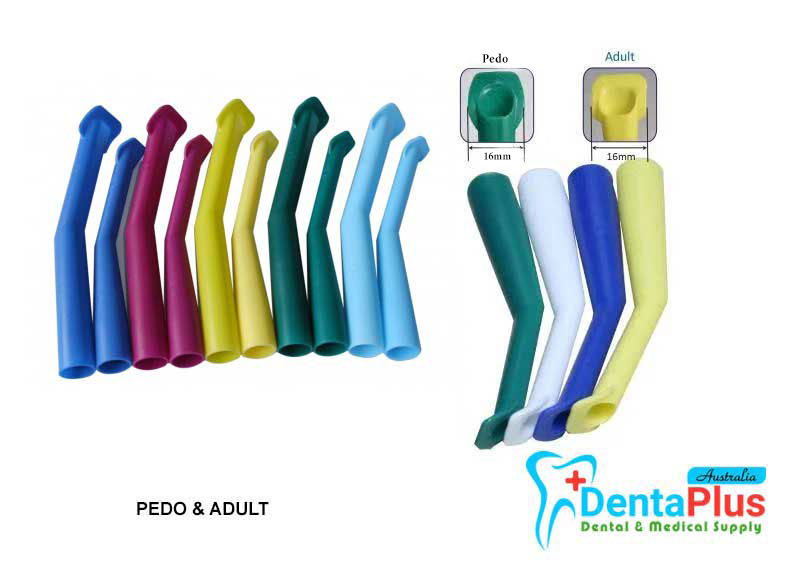

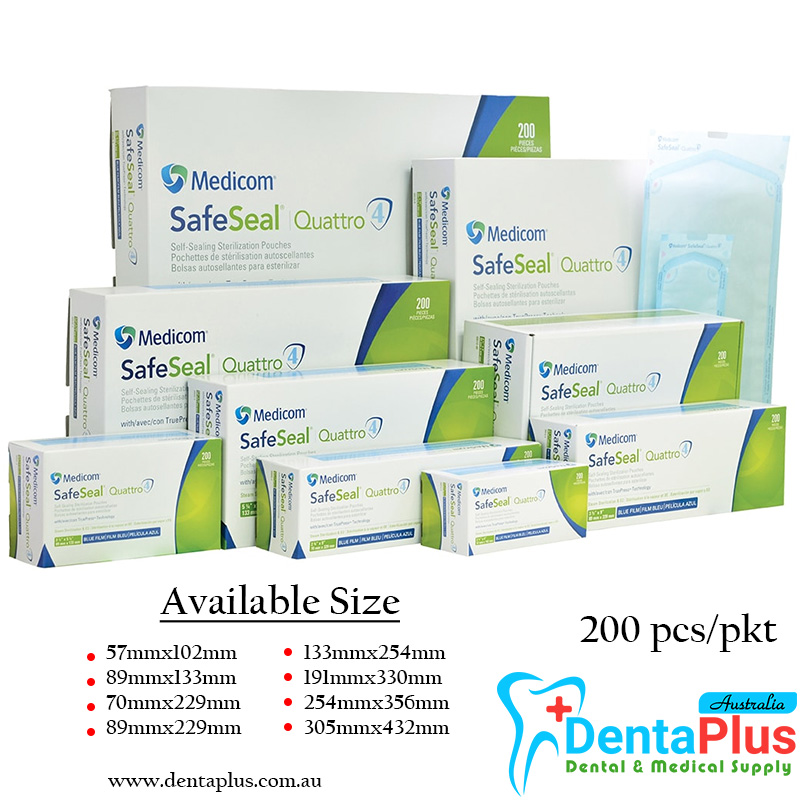
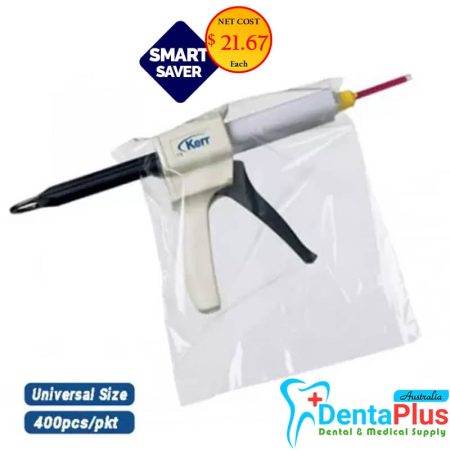


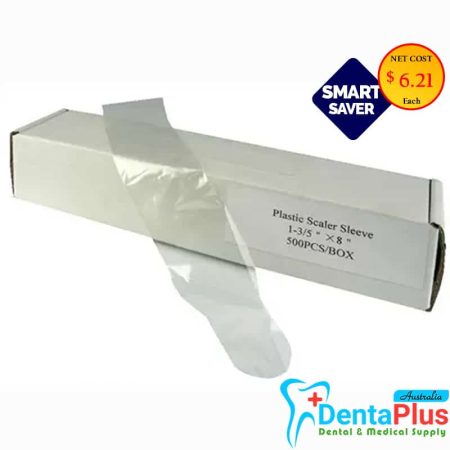
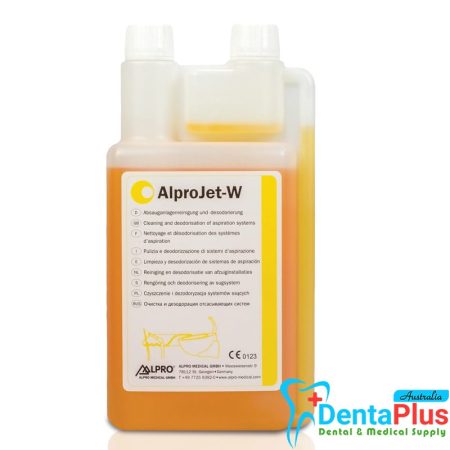
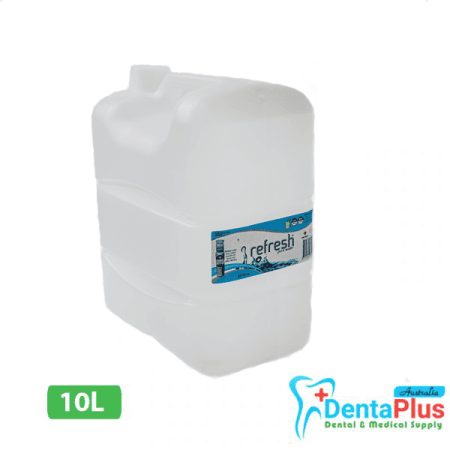
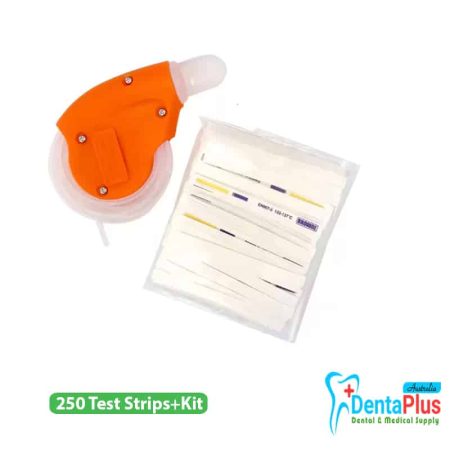
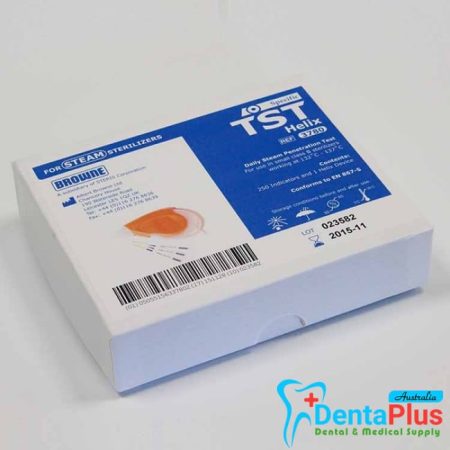
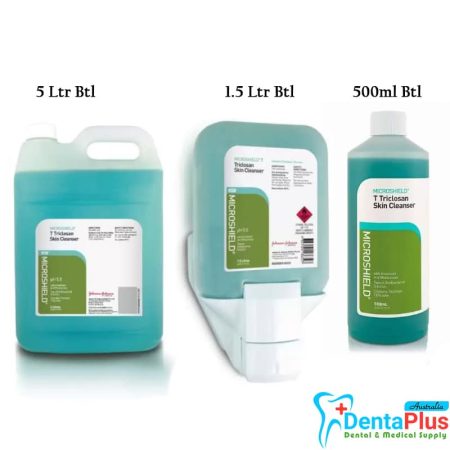
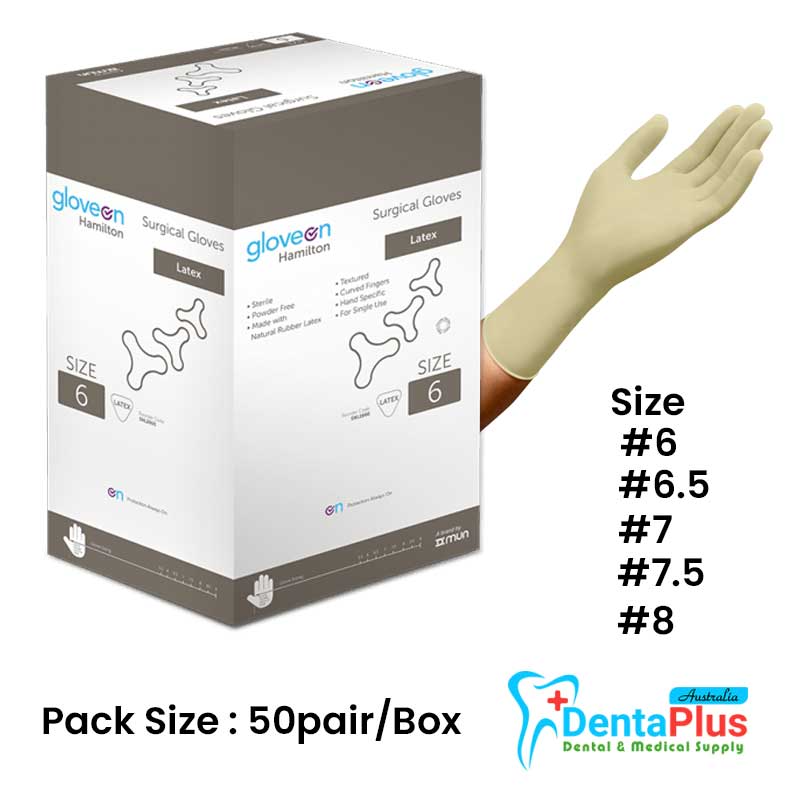
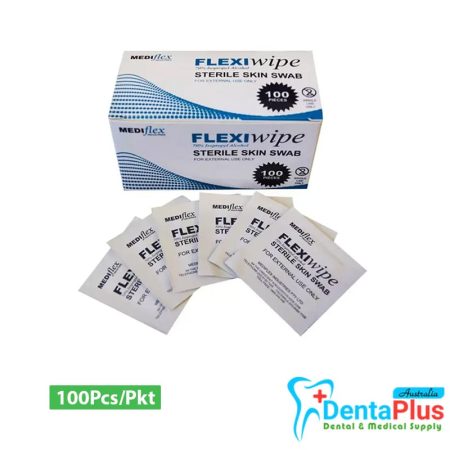
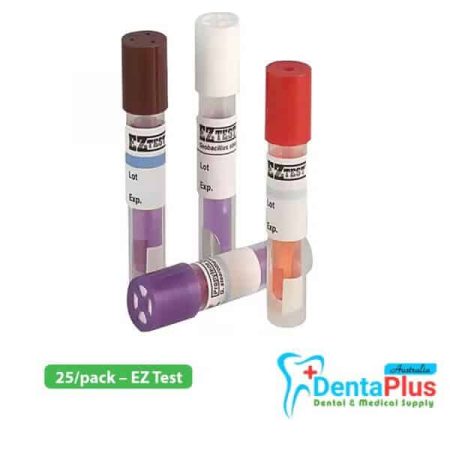
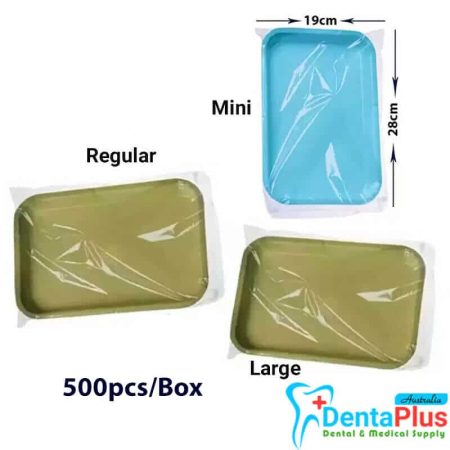
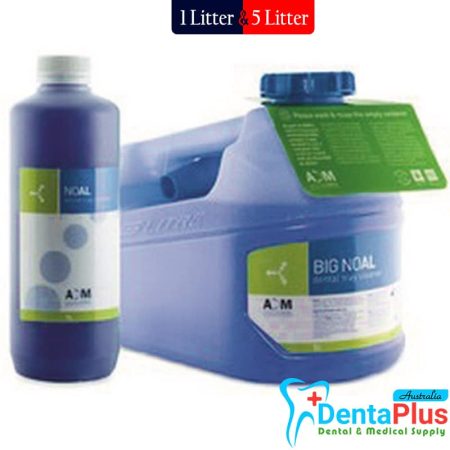

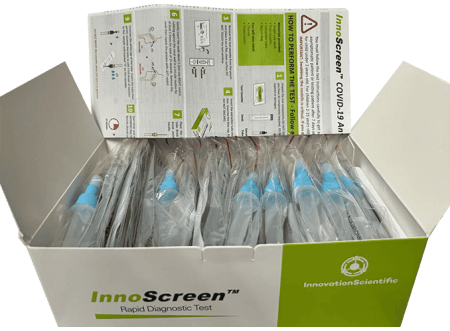
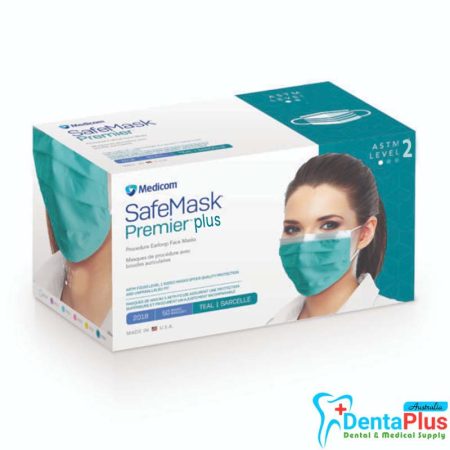
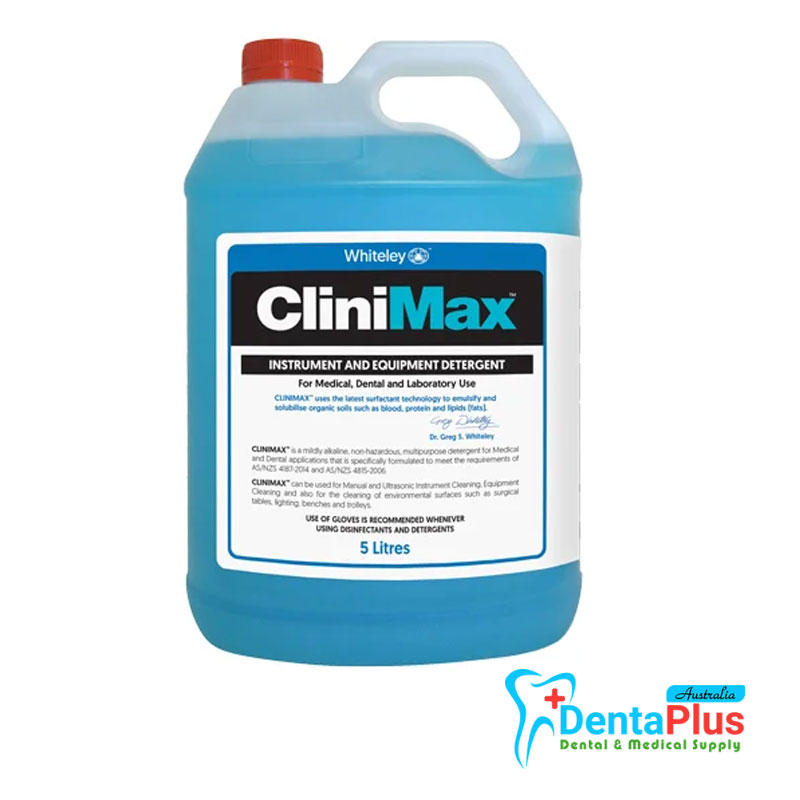


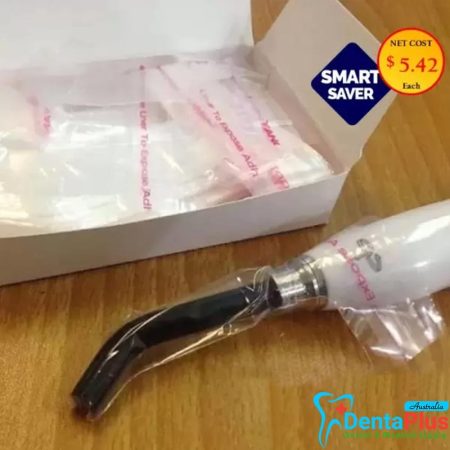
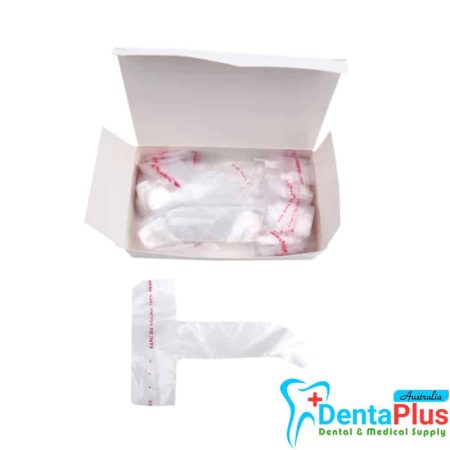

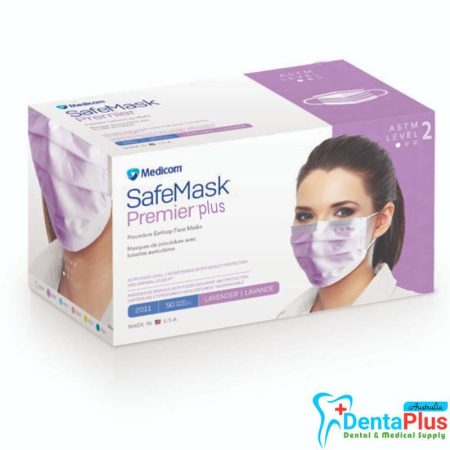


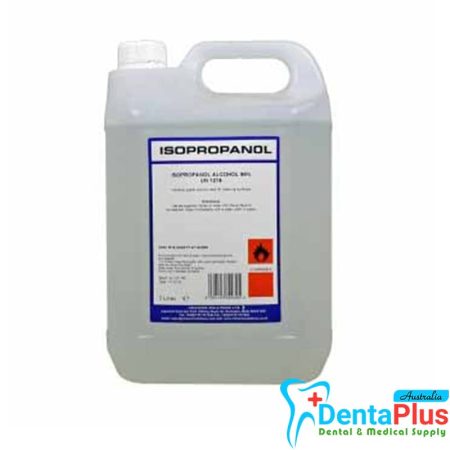


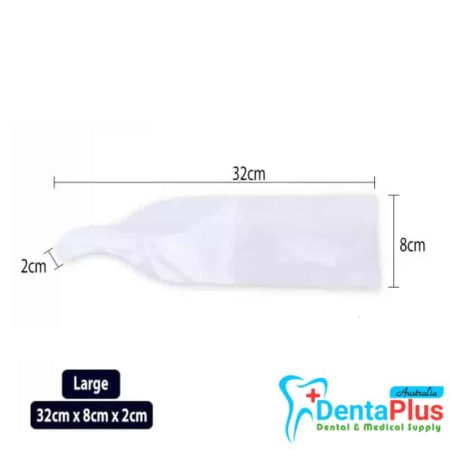
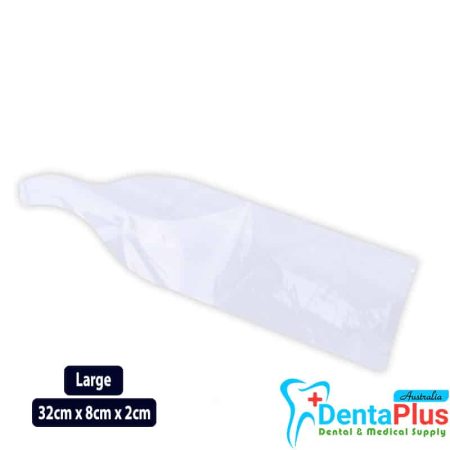

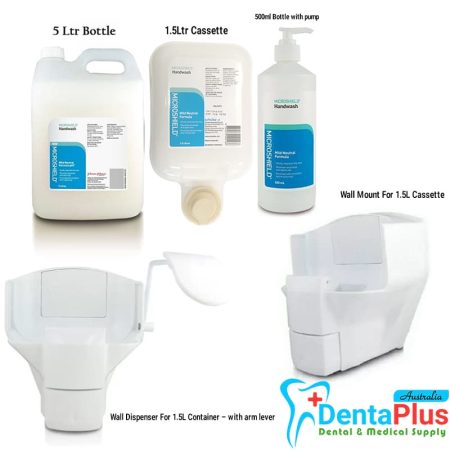
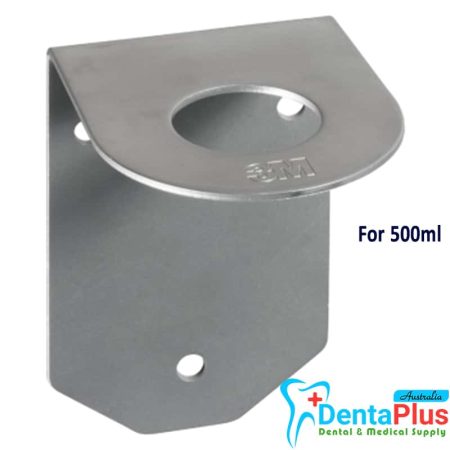
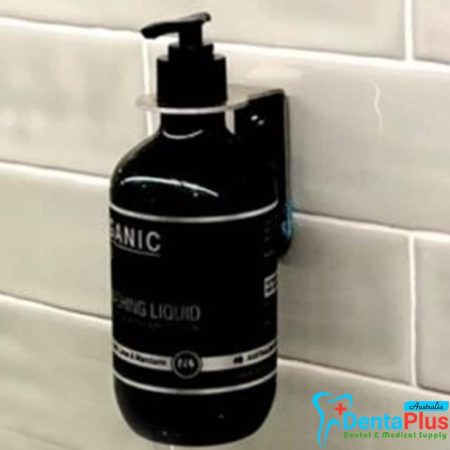
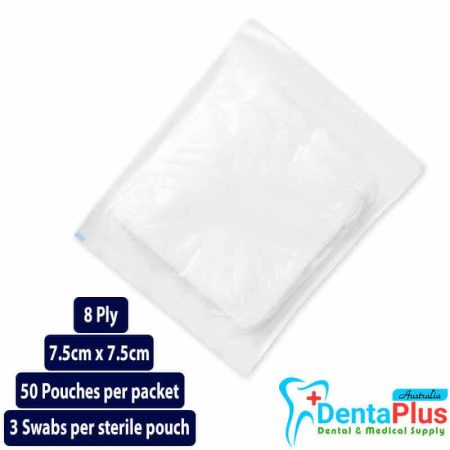
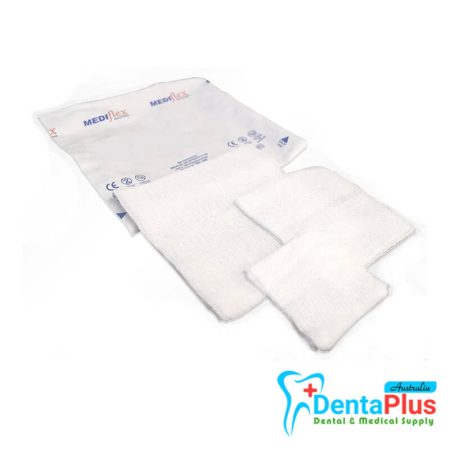
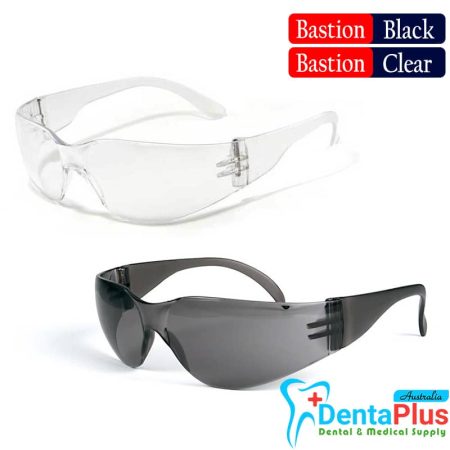


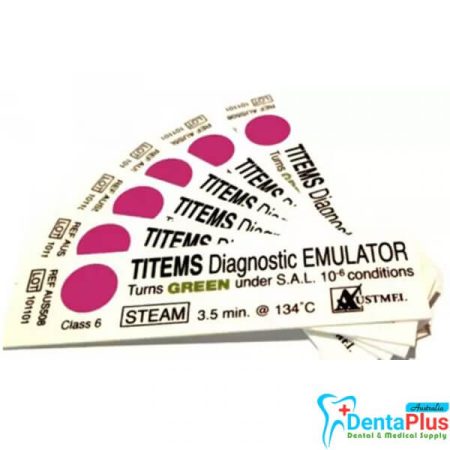
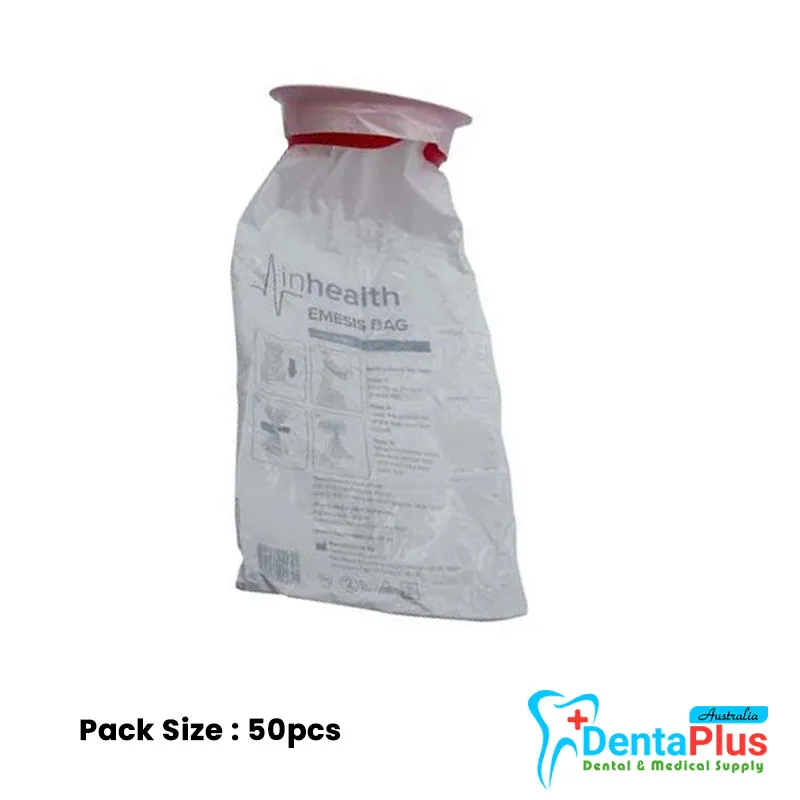
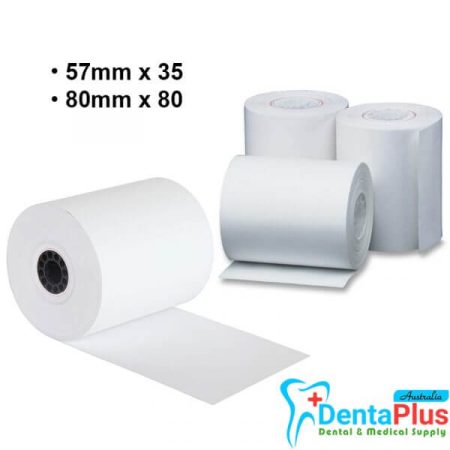
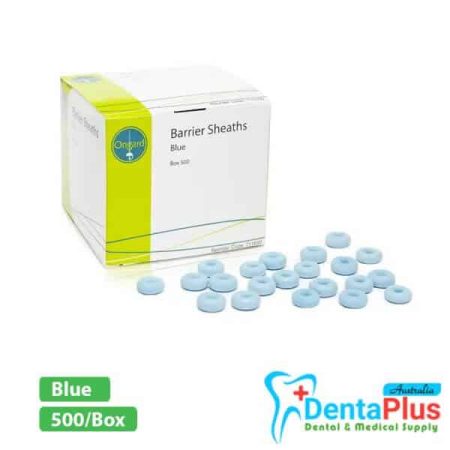
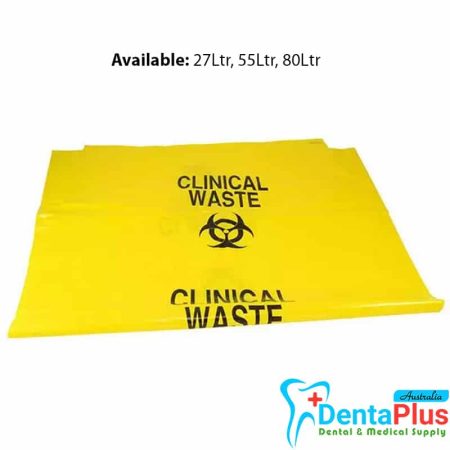
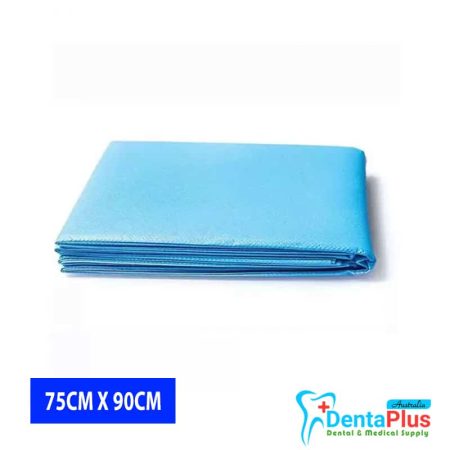

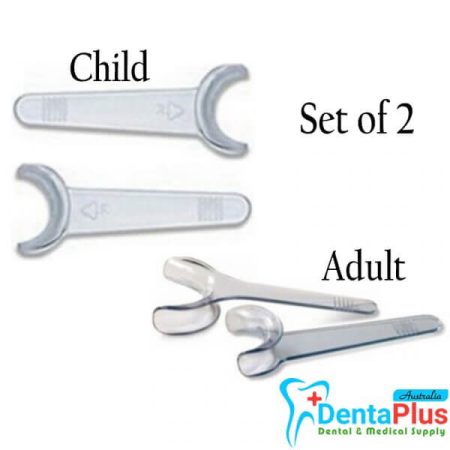




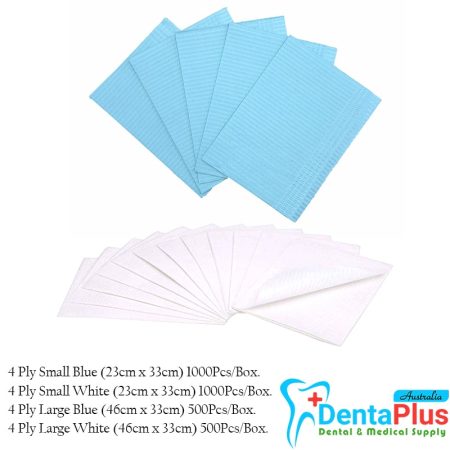
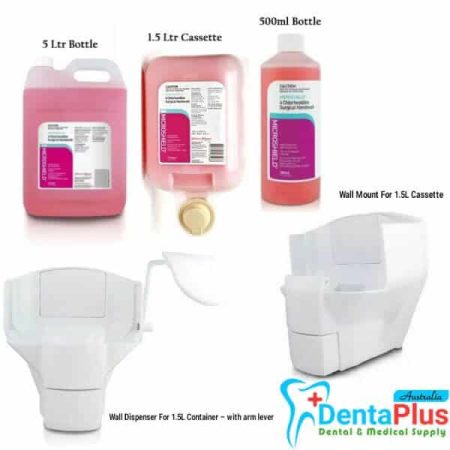
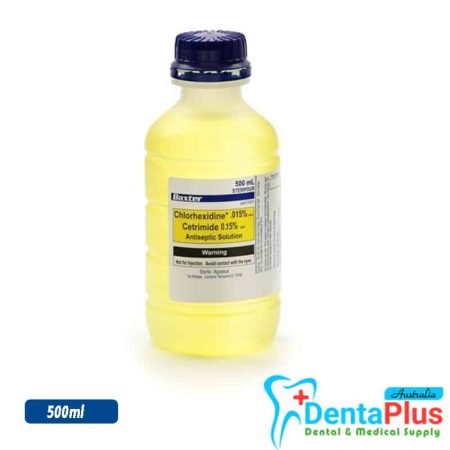

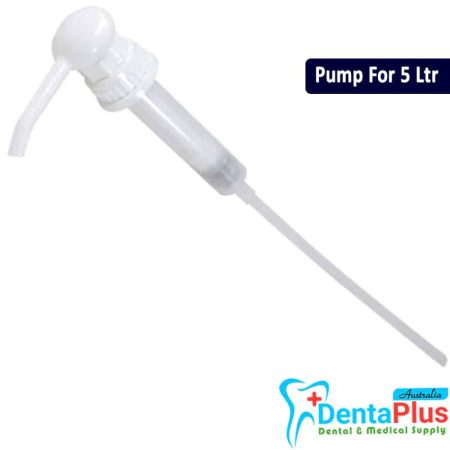
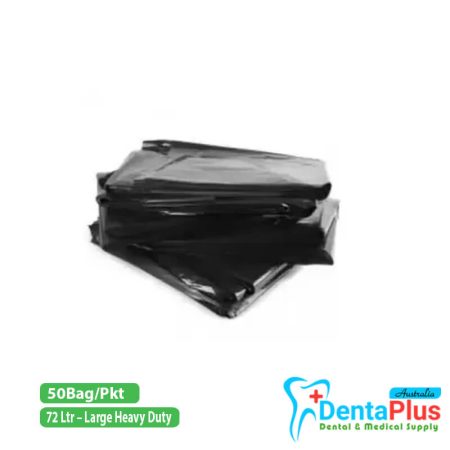

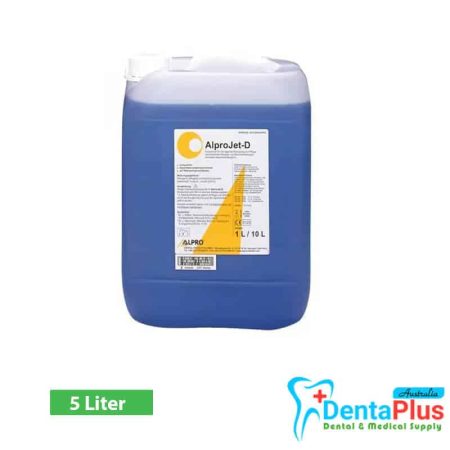
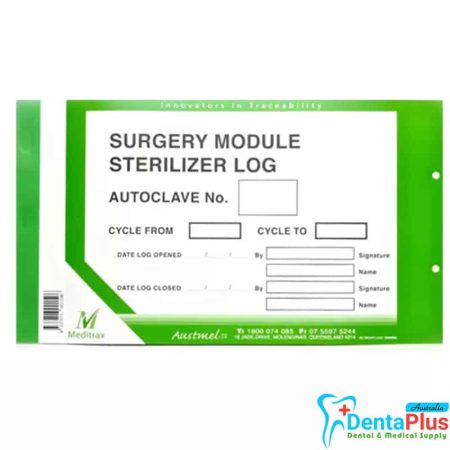
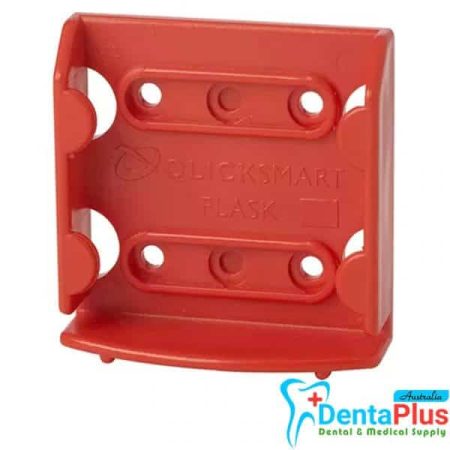


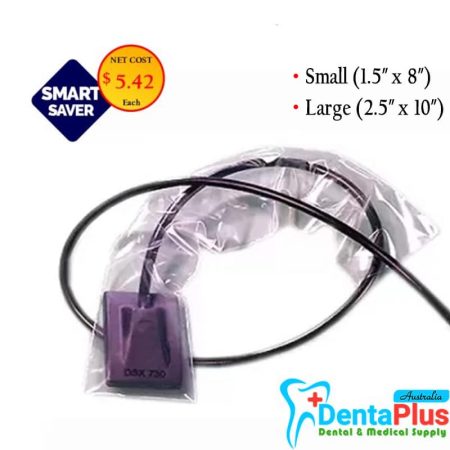

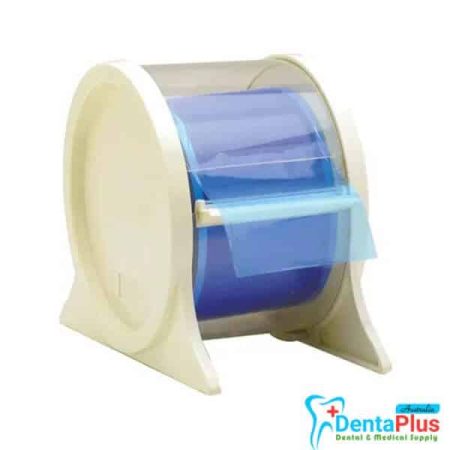
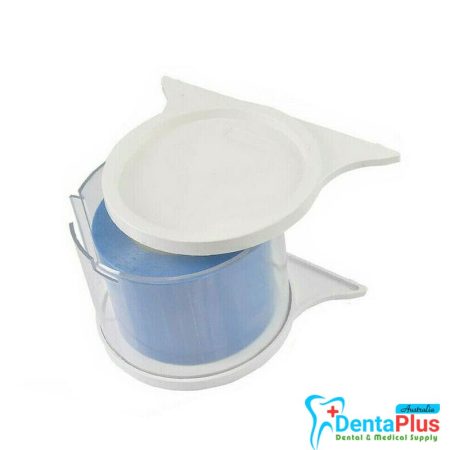



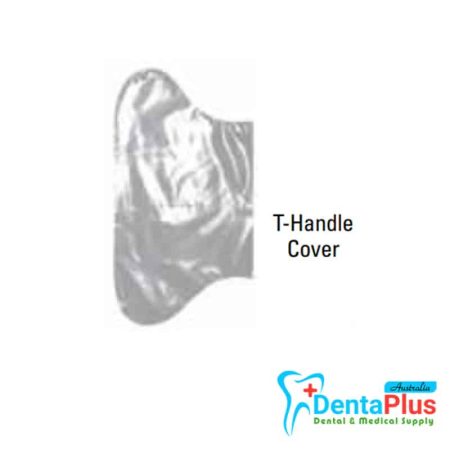
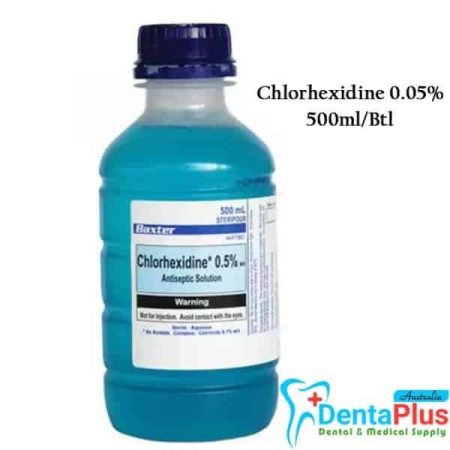
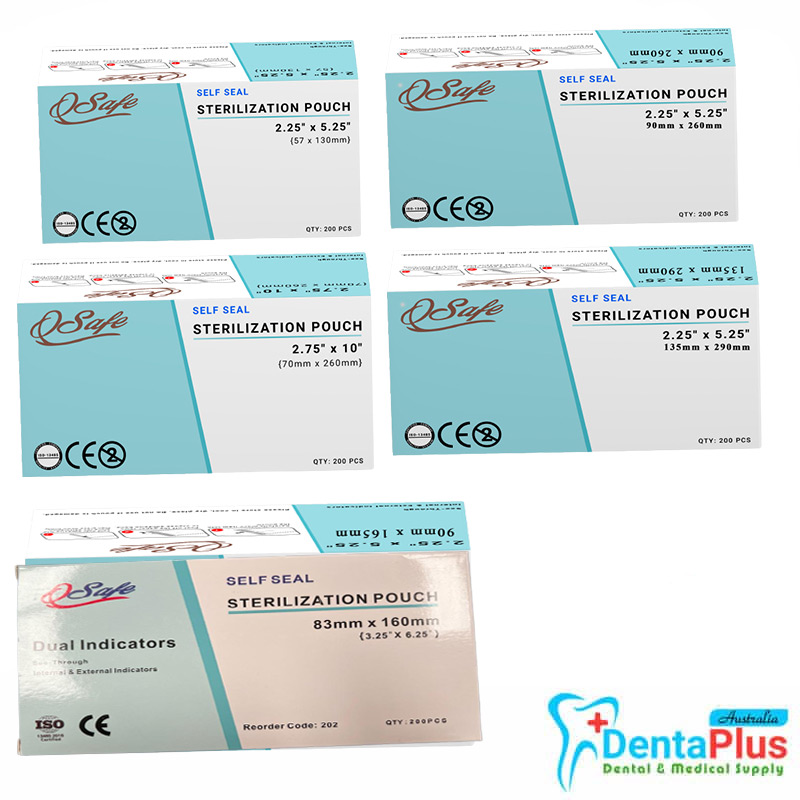

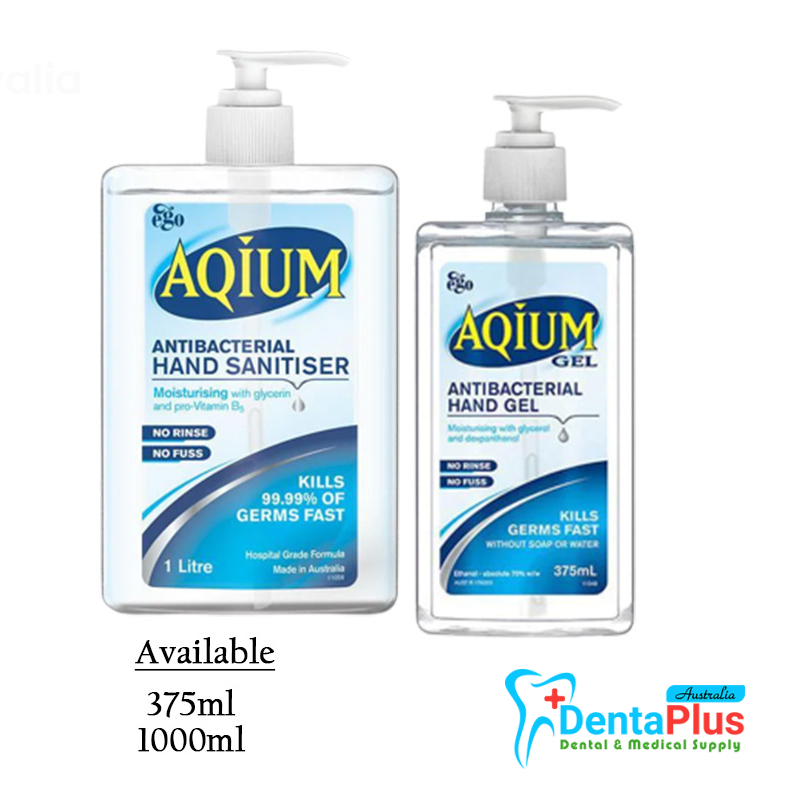
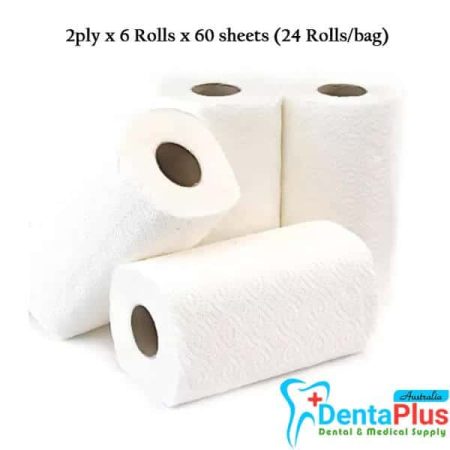

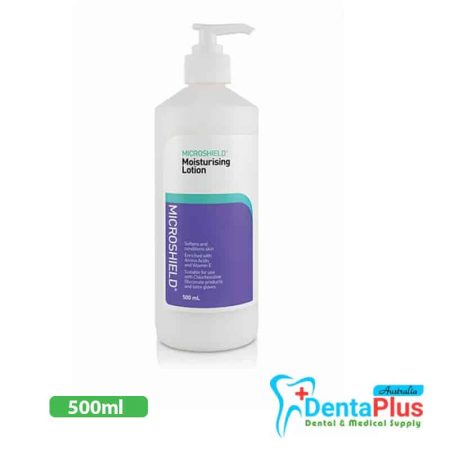
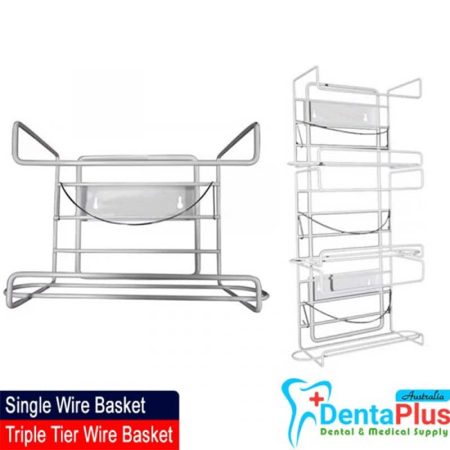

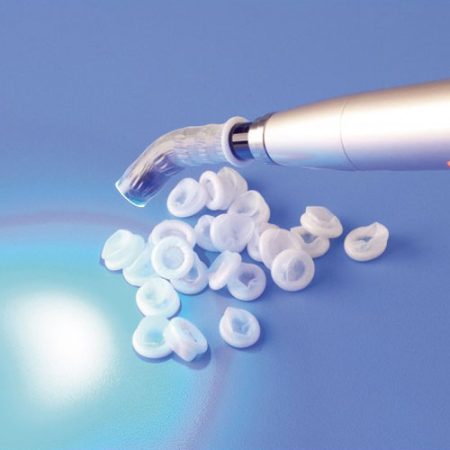
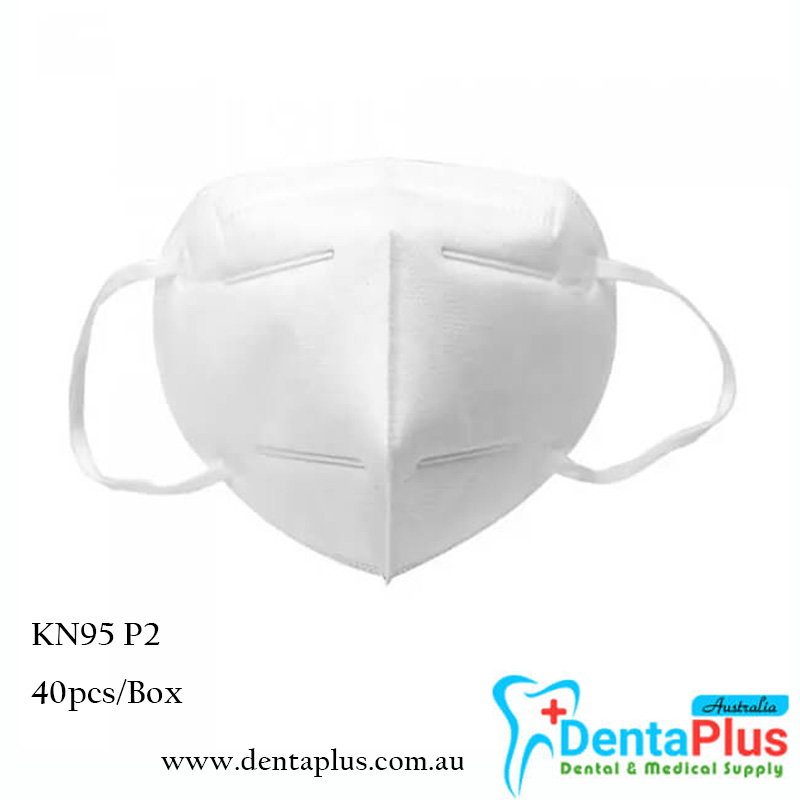
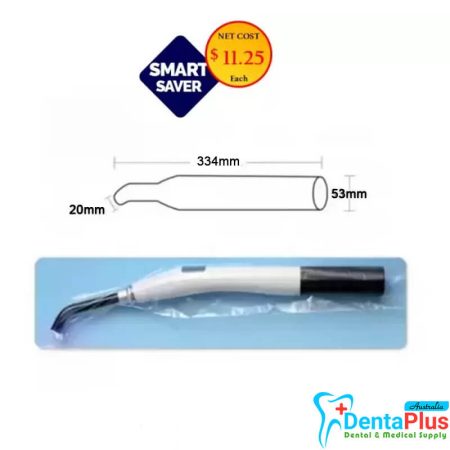
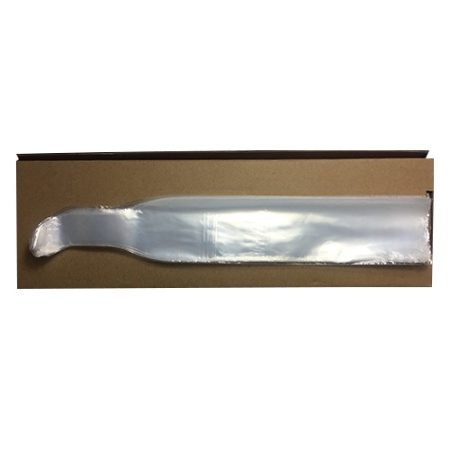
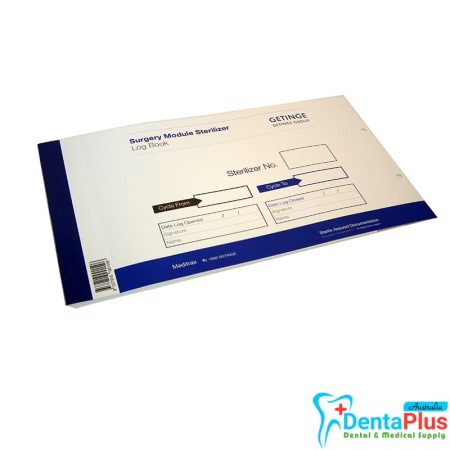
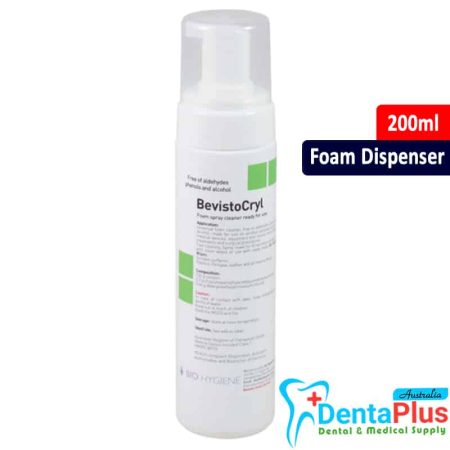
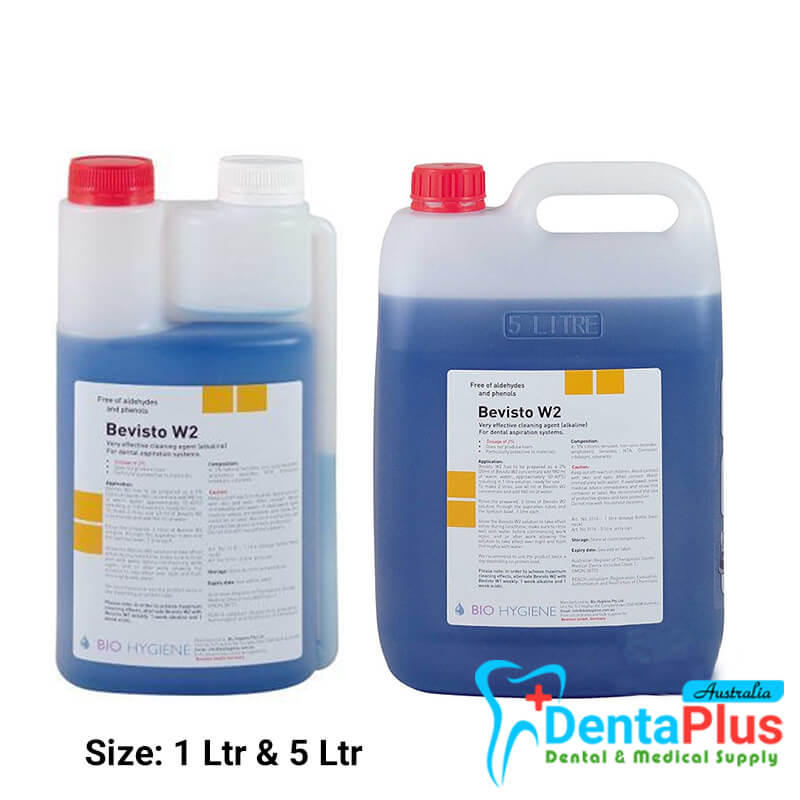
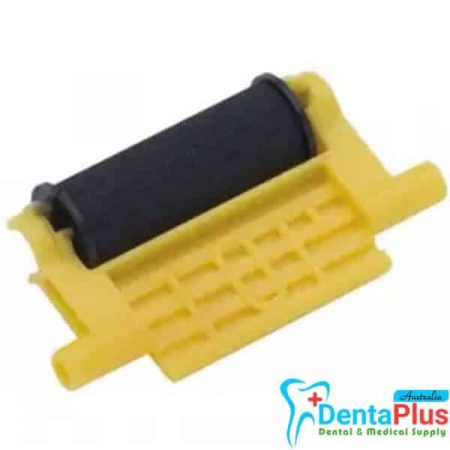

Reviews
There are no reviews yet.